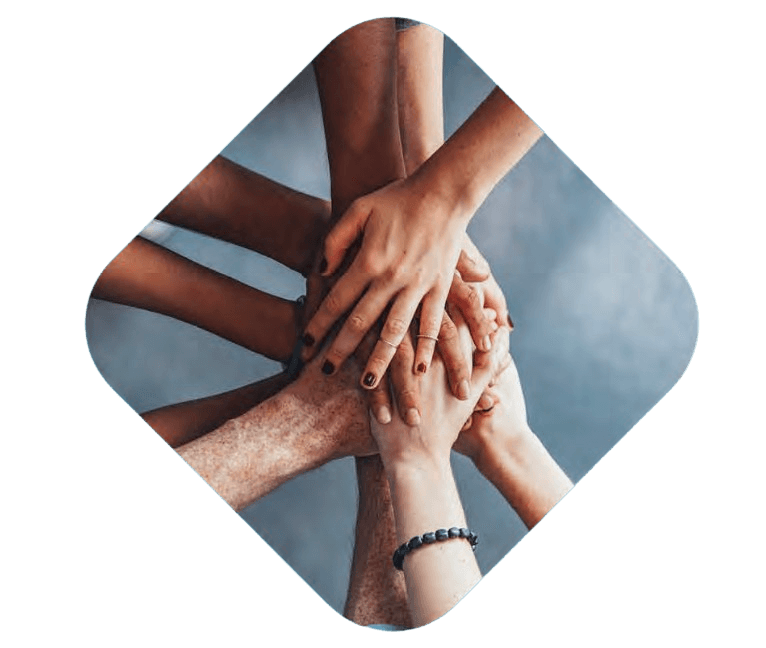
Mental Health 2020 in a Nuthshell: A Psychaitrist Reflects on a Year of Therapy
-Jul 15, 2021-
The year 2020 was a turning point for mental health worldwide. A year that began like any other quickly unraveled into an era of fear, uncertainty, and isolation. As a psychiatrist, I saw the emotional toll firsthand—an unprecedented wave of anxiety, depression, and trauma that swept across individuals, families, and entire communities.
A Surge in Mental Health Struggles
The numbers told part of the story. Studies showed sharp increases in mental health conditions, with depression rates tripling and anxiety disorders reaching new highs. But beyond statistics, the daily reality in my therapy sessions painted a more vivid picture.
People who had never experienced anxiety before found themselves gripped by persistent worry—about health, financial security, and the future. Those already managing mental health conditions saw their struggles deepen, with old wounds resurfacing under the weight of prolonged uncertainty. The once-mundane routines of life—grocery shopping, commuting, socializing—became sources of stress, fear, or even impossibility.
The Loneliness Epidemic
Lockdowns and social distancing, though necessary for public health, brought an unintended side effect—profound loneliness. Humans are wired for connection, and when that was taken away, the psychological impact was severe.
Many of my patients spoke of isolation so deep that they questioned their own existence. Living alone became a heavy burden, while those in crowded households struggled with the opposite problem—constant proximity without true emotional connection. Relationships were tested, as couples, families, and roommates navigated the pressures of confinement.
For those who had relied on external distractions—work, social outings, travel—to manage their mental health, the sudden stillness was overwhelming. There was no escaping their own thoughts, and for many, this led to emotional crises.
The Grief That Hung in the Air
2020 was not just a year of fear and loneliness—it was a year of loss. Some losses were direct and devastating: the death of loved ones due to COVID-19, often without the chance for a proper goodbye. Others were more intangible: the loss of routine, of security, of dreams that had to be put on hold indefinitely.
Grief became a central theme in therapy. Patients struggled not only with personal loss but also with the weight of collective grief. The world was mourning together, yet everyone felt alone in their pain. This sense of shared trauma shaped much of the emotional landscape of 2020.
Resilience Amid the Chaos
Yet, amid the struggle, I also witnessed resilience. People adapted in ways they never thought possible. Some found solace in new routines—morning walks, meditation, creative hobbies. Others reconnected with family members or finally allowed themselves to slow down and reflect.
Therapy itself evolved. Virtual sessions became the norm, breaking down accessibility barriers for many who might not have sought help otherwise. The stigma around mental health weakened as conversations about anxiety and depression became mainstream. The world finally acknowledged what mental health professionals had long emphasized—mental well-being is just as crucial as physical health.
Lessons We Carry Forward
Though years have passed since 2020, its impact lingers. We now understand the fragility of our mental health systems and the importance of emotional resilience. The lessons learned from that year—about self-care, emotional connection, and the necessity of mental health support—should not be forgotten.
As a psychiatrist, my greatest hope is that we continue to prioritize mental health, not just in crisis but as an ongoing commitment. If 2020 taught us anything, it’s that mental well-being is not a luxury—it’s a fundamental part of our survival.




